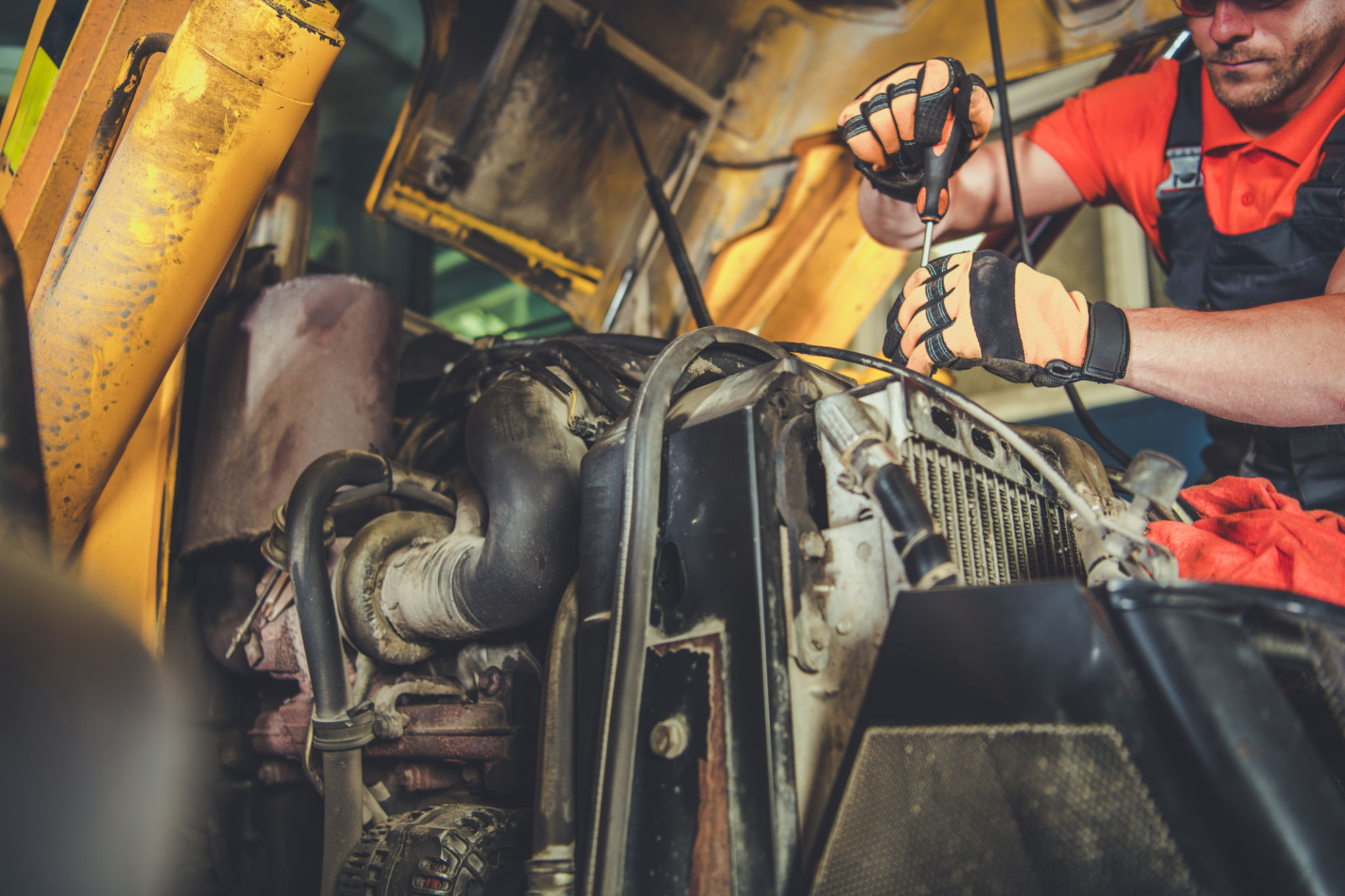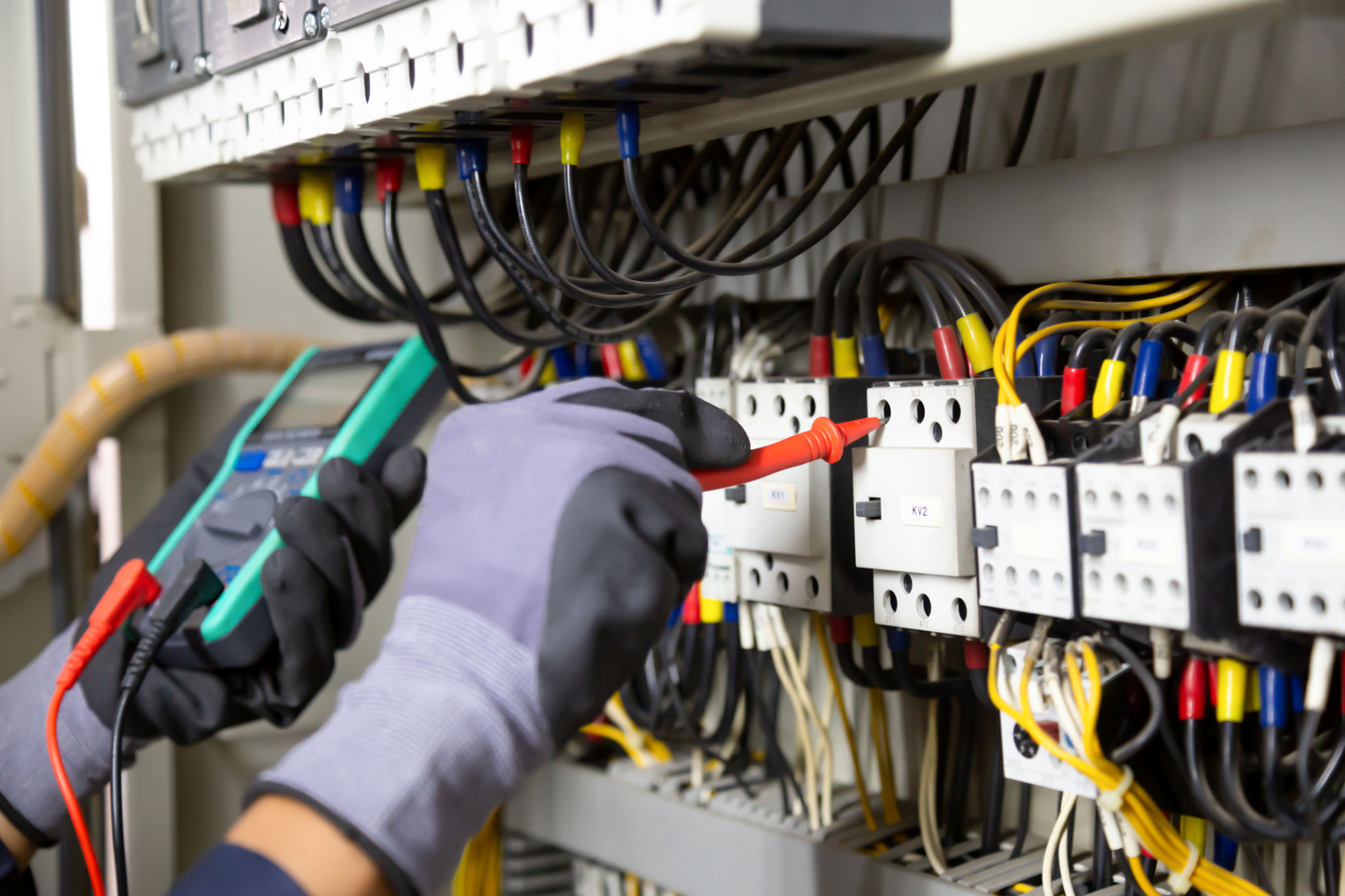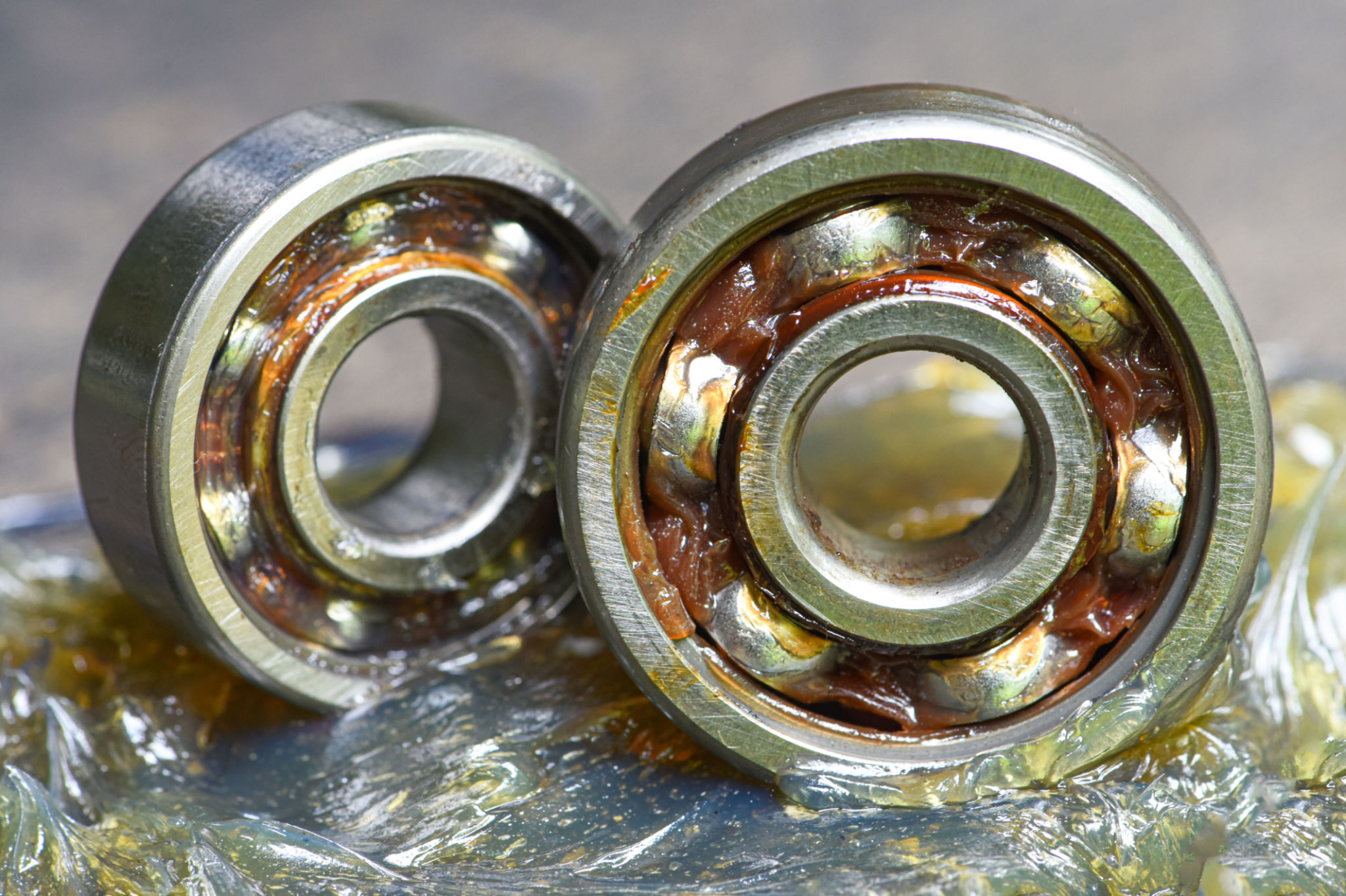Expert Tips for Maintaining Heavy Equipment: Preventative Maintenance Strategies
Understanding Preventative Maintenance
Maintaining heavy equipment is crucial for ensuring its longevity and maintaining productivity on the job site. Preventative maintenance involves regular inspections and servicing to prevent breakdowns and costly repairs. By implementing a robust preventative maintenance strategy, you can significantly extend the life of your equipment and ensure safety and efficiency.

Create a Maintenance Schedule
One of the most effective strategies for maintaining heavy equipment is to establish a regular maintenance schedule. This schedule should include routine checks and servicing tailored to each piece of equipment based on the manufacturer's recommendations. Consistency is key, so ensure that maintenance tasks are performed on time to avoid unexpected failures.
Conduct Regular Inspections
Regular inspections are vital for identifying potential issues before they become major problems. Inspectors should check for signs of wear and tear, fluid leaks, and any abnormal noises or vibrations. Documenting these inspections can help track the condition of the equipment over time and assist in planning future maintenance tasks.

Key Areas to Focus On
Fluid Levels and Quality
Monitoring fluid levels, such as oil, hydraulic fluid, and coolant, is crucial in maintaining heavy equipment. Low or dirty fluids can lead to overheating and part failure. Regularly check and top up these fluids, and ensure they are clean and free from contaminants.
Lubrication
Proper lubrication reduces friction and wear on moving parts, which is essential for equipment efficiency. Establish a lubrication schedule that aligns with the manufacturer's guidelines. Always use the recommended type of lubricant for each component to ensure optimal performance.

Training and Documentation
Operator Training
Operators play a critical role in maintaining heavy equipment. Proper training ensures they understand how to use the machinery correctly and identify potential issues early. Investing in ongoing training programs will improve operator skill levels and contribute to the longevity of your equipment.
Keep Detailed Records
Maintaining detailed records of all maintenance activities, inspections, and repairs is essential. This documentation provides insight into the equipment’s history and condition, helping to make informed decisions about future maintenance needs. It also aids in compliance with industry regulations and standards.
Embrace Technology
Use Maintenance Software
Technology can streamline preventative maintenance processes. Consider using maintenance management software to automate scheduling, track inventory, and monitor equipment performance in real-time. This software can provide valuable data analytics that helps optimize maintenance strategies.

Implementing these expert tips for maintaining heavy equipment not only enhances performance but also ensures safety and reduces downtime. By focusing on preventative maintenance strategies, you can protect your investment and keep your operations running smoothly.